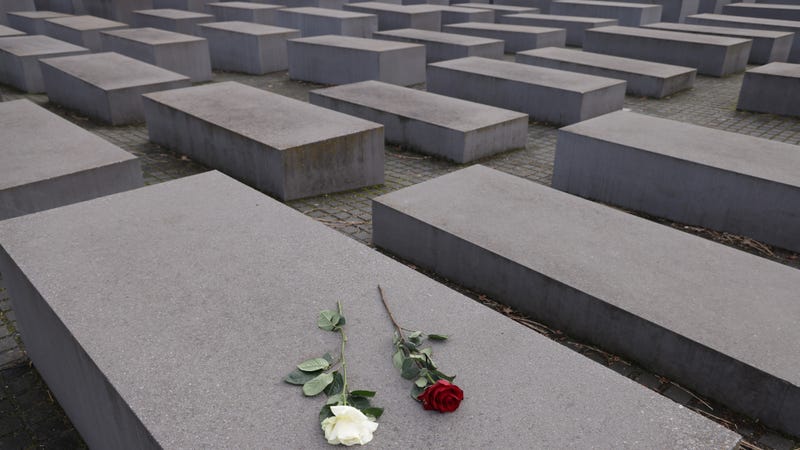
Germany agreed with the organization that handles claims for Holocaust survivors on Wednesday to extend another $720 million that will provide home care and supportive services for those in need.
The money will be distributed to more than 300 social welfare organizations globally, according to The New York-based Conference on Jewish Material Claims Against Germany, per ABC News.
"We are proud to announce this significant allocation at a time when these funds are critical, due to the age, poverty and increasing disability of our waning survivor population," Gideon Taylor, the organization's president, said.
"We know these funds provide vital support during these difficult times," Taylor added.
The German government has paid about $90 billion since 1952 to people who suffered persecution by the Nazis.
The Conference on Jewish Material Claims Against Germany, also known as the Claims Conference, distributed $653 million in grants in 2021 to hundreds of social service agencies.
The Claims Conference said in a statement that the additional funds will be the biggest amount allocated to them in a year. They said it will help pay for "services for approximately 120,000 impoverished Holocaust survivors."
Greg Schneider, the Claims Conference's executive vice president, mentioned how important it is for survivors to receive services, like home care, medical care, and emergency services. The funds are distributed in regions where there are large numbers of Holocaust survivors.
Because the Holocaust was so many years ago, victims today tend to be frail and suffer from numerous health problems. And because of the dire conditions during the Holocaust, where victims were exposed to starvation, extreme weather, violence and numerous other issues, many survivors have been in poor health for years.
Additionally, they entered the post-war world with decimated families, no jobs and without a penny to their names. The goal of this program is to ensure vital services are carried out for those who remain vulnerable.
"Survivors will be supported wherever they live, whether war-torn areas or conflict zones, and no matter the obstacle," Schneider said.


